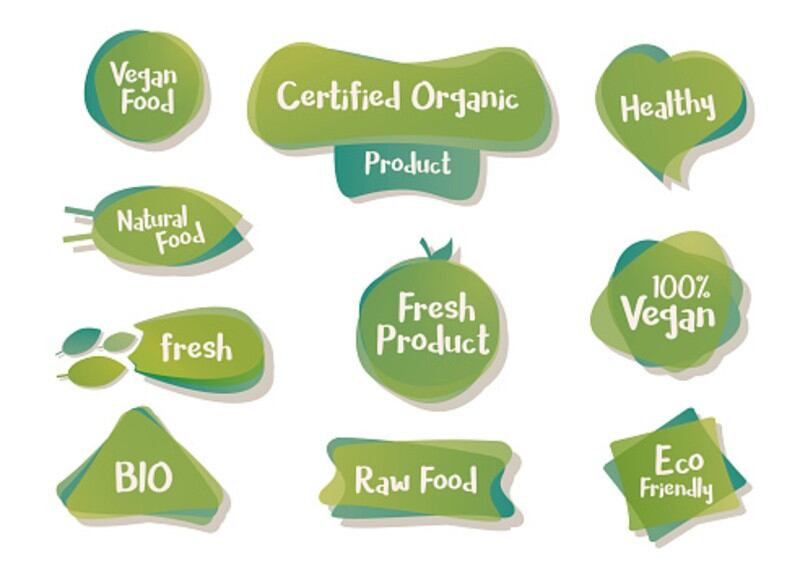The country declared a state of emergency in April 2020 to curb the pandemic. During this period, residents were encouraged to work remotely, and commercial businesses were to shorten their operation hours or close entirely.
Researchers found that this stay-at-home request led to increased alcohol and snack consumption, but residents were also found to be eating better in general, with well-balanced diet and sticking to a habit of eating three main meals a day.
There was a second wave of COVID-19 infections in July 2020, but instead of declaring a state of emergency, the authorities opted for a voluntary restraint of the public to practice basic public health measures and called for restaurants to reduce their operating hours.
“Our findings suggest that close monitoring for further health outcomes and age-appropriate measures to encourage favourable health behaviours is needed,” they wrote in the journal Nutrients.
Survey design
An online survey was conducted in September 2020 involving 10,000 Japanese citizens on their lifestyle habits before the pandemic (around January 2020), during the stay-at-home request period (April to May 2020), and after the stay-at-home request period (September 2020).
Participants were adults aged 20 years and above who had not been infected by COVID-19 at the time of survey.
The survey included questions on dietary habits, at-home hours, changes in body weight, amount of time spent on physical activity, anxiety about COVID-19 infection, and sleep duration.
For questions on food intake, subjects were asked to indicate if they had increased or decreased intake of certain foods.
Particpants were divided into the extended at-home hours group (34%), and the non-extended at-home hours group respectively.
For people in the extended at-home hours group, the average at-home hours were 18.4 ± 4.1, which was 6.3 hours longer.
Even in September 2020, four months after the state of emergency, “we assumed that people’s lives were returning to normal. However, our study revealed that only 40.6% of respondents with extended at-home hours returned to normal at-home hours.”
This cross-sectional survey was conducted by Rakuten Insight (Tokyo, Japan), an online research company.
Alcohol
During the stay-at-home request period, a higher proportion of people in the extended group reported an increase in alcohol consumption, and this trend continued.
Researchers said this behaviour may have surfaced due to stress and boredom, “even after the stay-at-home request period, the proportion of individuals with increased alcohol consumption did not decrease, particularly among younger age groups. This may need close monitoring for the longer-term impact of increased alcohol intake.”
Snacking
Participants in the extended hours group reported three times increase in the frequency of snacking compared to the non-extended group. This proportion decreased by about half after the stay-at-home request period.
More than 25% of participants in the extended group reported increased consumption of cereals, salty snacks, and confectionery during the stay-at-home request period.
The increase in unhealthy food consumption during lockdown was associated with changes in mood including lack of motivation, anxiety, and boredom according to researchers.
Main meals
Despite the negative dietary habits picked up during the stay-at-home request period, there was a positive effect.
Participants in the extended hours group reported an increase in eating a well-balanced diet and the habit of eating three meals a day, which is five times higher compared to those in the non-extended hours group.
Participants with extended at-home hours also reported an increase in vegetable, fruit, and dairy consumption.
“A healthy diet with more vegetables and fruits is also associated with an increased intake of home-cooked food, which due to increased at-home hours, allowed for more time for cooking and eating at home,” researchers explained.
Return to normal?
These findings suggest that spending more time at home had positive effects such as improvement of eating habits, but also negative effects such as increase in snacking and alcohol intake.
It also appears that while positive changes soon faded, the negative ones did not.
This study depended on self-reported responses which may have included subjective bias.
“The stay-at-home request made people not only stay at home on an individual level, but also made restaurants, gyms, public and amusement facilities, and tourist businesses close or shorten their operating hours. These situations might have caused the changes in dietary habits found in our results,” researchers said.
Despite these limitations, this study is the first to report longitudinal changes in lifestyle habits with regard to at-home hours.
Source: Nutrients
https://doi.org/10.3390/nu13082698
“Association between Lifestyle Changes and at-Home Hours during and after the State of Emergency Due to the COVID-19 Pandemic in Japan”
Authors: Chiharu Nishijima, et al.




